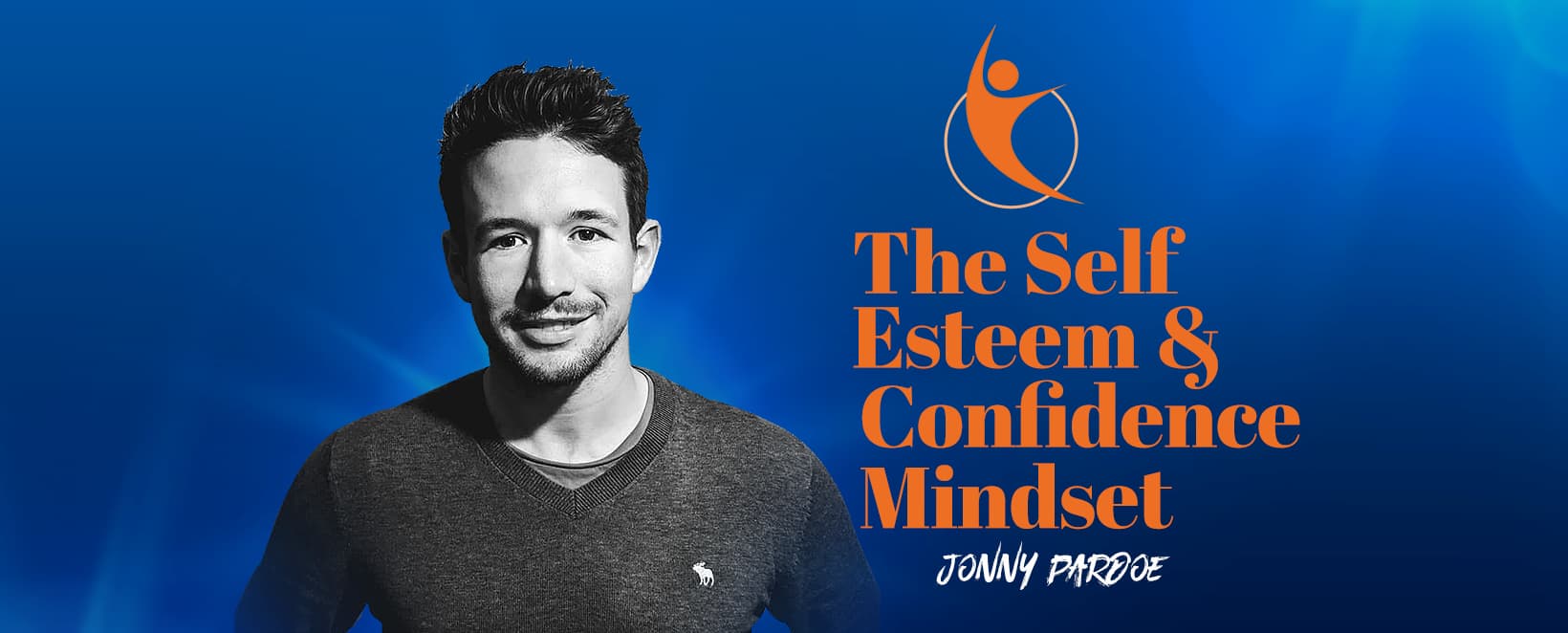Introduction
Have you had those feelings when you really wanted to do something, but then suddenly your brain comes in with things like ‘ don’t do that!’ ‘this isn’t you!’ ‘who are you to be doing that?’. Unfortunately that’s what it can do sometimes but it doesn’t have to stop you. Believe me I’ve been there plenty of times when I’ve tried to share something about me to people.
Imposter syndrome is the voice in your head that stops you from leaving the comfort zone. It is your brain trying to keep you safe from going into the unknown.
Even the people you think would never experience it and appear so charismatic say they experience it…Jeniffer Lopez, Jodie Foster, Maya Angelou. As you go for bigger things it is more likely to pop up. I experienced when I first started out as a coach horrendously ‘who am I to be charging people as a coach?’. The difference is some manage it better than others, some don’t let them stop them. I am going to outline four tips to manage it.
Remember your reason for doing something
You probably have a compelling reason for doing something right? Otherwise you wouldn’t have done it, so whether that is writing a blog, writing a book, putting videos online, recording podcasts or providing a speech in front of people there was probably a reason you wanted to do it. It’s important to tap into the emotional why as much as possible. Not just ‘I want to do that’.
Tapping into the emotional why underneath will provide you with that drive to move forward, especially where others are concerned. As humans we tend to do a lot for other people. So think about other people when you are faced with imposter syndrome, what will they get and well as the true rewards you could get to push through imposter syndrome. This is why it is critical to review regularly in order to face any challenging time.
List out all the reasons you are good enough
If you don’t work out how to manage your brain it will manage you. Your brain will go into negative mode more often with all the triggers around if you don’t actively train it to think great about you. One really effective way to do this is to daily list out the awesome things about you, when you do this again and again you will be much more likely to back yourself. Of course fear will show up as you progress in life, that’s perfectly normal but if you back yourself you are more likely to take on the challenge.
Keep praising yourself
This is similar to the last one, but nothing will boost your self esteem and confidence like praising yourself. If you are like most people I meet or work with, you might have an easy time criticising yourself for the things that go wrong but don’t praise yourself enough. Imagine talking to a close friend or child like this, how would they feel, they probably wouldn’t appreciate it much and not stick around. Well this is what we can do to ourselves, so no wonder times can be challenging and we lose worthiness. I realised how the critical voice made imposter syndrome even worse for me. So keep praising yourself. This is my six blog I’ve written today. I’ve just praised myself for being a champion.
Identity
What we tell ourselves consistently is what we believe about ourselves. If you keep cursing yourselves or don’t think you will amount to much then you are going to struggle with imposter syndrome. Therefore I identify what you want to believe and get this into your system as much as possible. How do you do these? My favourite… incantations. This is saying what you believe about you at emotional intensity over and over again. Training the subconscious and embedding into the nervous system is truly powerful, when we really feel it this can shape our actions and boost our confidence even more.
Conclusion
Imposter syndrome is not something that you just have to suffer with. Imposter syndrome is that voice in your head worrying about going into more unfamiliar territory but it is your job to manage it. Be proactive in listing the great things about you, keep praising yourself and get those beliefs into your system.
Jonny Pardoe
Confidence Coach and Neuroencoding Specialist
Jonny Pardoe © August 2021
E-mail: [email protected]
Instagram: @jonny.pardoe
Facebook: @jonny.pardoe
Tik Tok: @jonny.pardoe
LinkedIn: Jonny Pardoe
YouTube: youtube.com/c/JonnyPardoe
Spotify, Apple Podcasts, Anchor: The Self Esteem and Confidence Mindset
Amazon / BookBub / Goodreads: Jonny Pardoe
Website: jonnypardoe.com
Photo by Ebi Zandi on Unsplash


